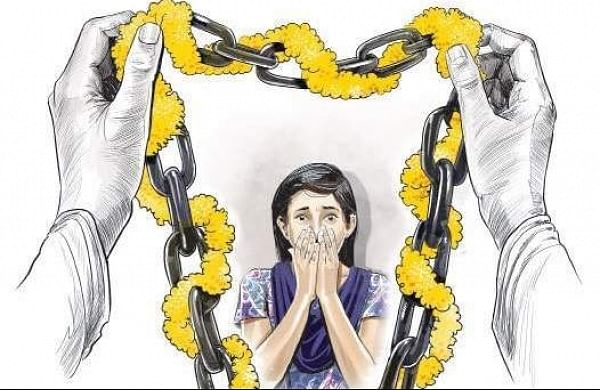Express News Service
CHANDIGARH: Stubble-burning cases in Punjab reached a concerning peak today, with 2,544 reported—the second-highest in a single day this season. The overall tally for crop residue-burning incidents in the state soared to 30,661.
This surge in farm fire incidents has persisted for four consecutive days, raising fears among officials and experts that the numbers will escalate, particularly in the Malwa belt, where 30% of paddy is yet to be harvested. The AQI in Punjab fluctuated between moderate and very poor categories. Punjab Police issued a red alert across all districts, promising legal action.
The Punjab Remote Sensing Centre identified Bathinda as the district with the highest cases (356), followed by Moga (318) and Barnala (264). Despite the release of Rs 1,426.41 crore for crop residue management machines since 2018, the burning cases persist.
In districts like Bathinda, Moga and Fazilka, where 30% of paddy remains unharvested, challenges are exacerbated by recent rain, rendering fields inaccessible to machinery. Farmers, grappling with wet fields and unusable bales, resort to burning as a last resort. Follow channel on WhatsApp
CHANDIGARH: Stubble-burning cases in Punjab reached a concerning peak today, with 2,544 reported—the second-highest in a single day this season. The overall tally for crop residue-burning incidents in the state soared to 30,661.
This surge in farm fire incidents has persisted for four consecutive days, raising fears among officials and experts that the numbers will escalate, particularly in the Malwa belt, where 30% of paddy is yet to be harvested. The AQI in Punjab fluctuated between moderate and very poor categories. Punjab Police issued a red alert across all districts, promising legal action.
The Punjab Remote Sensing Centre identified Bathinda as the district with the highest cases (356), followed by Moga (318) and Barnala (264). Despite the release of Rs 1,426.41 crore for crop residue management machines since 2018, the burning cases persist.googletag.cmd.push(function() {googletag.display(‘div-gpt-ad-8052921-2’); });
In districts like Bathinda, Moga and Fazilka, where 30% of paddy remains unharvested, challenges are exacerbated by recent rain, rendering fields inaccessible to machinery. Farmers, grappling with wet fields and unusable bales, resort to burning as a last resort. Follow channel on WhatsApp




